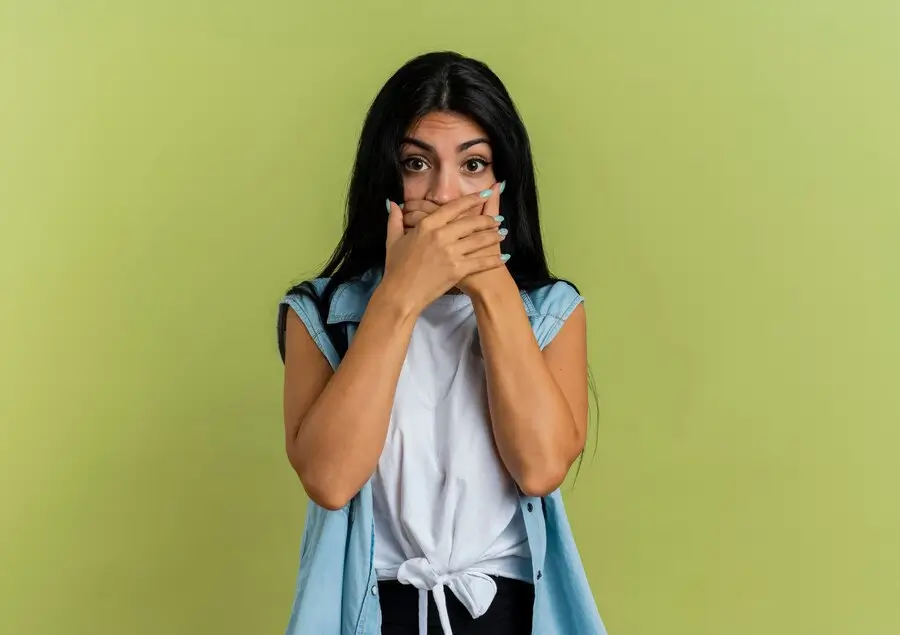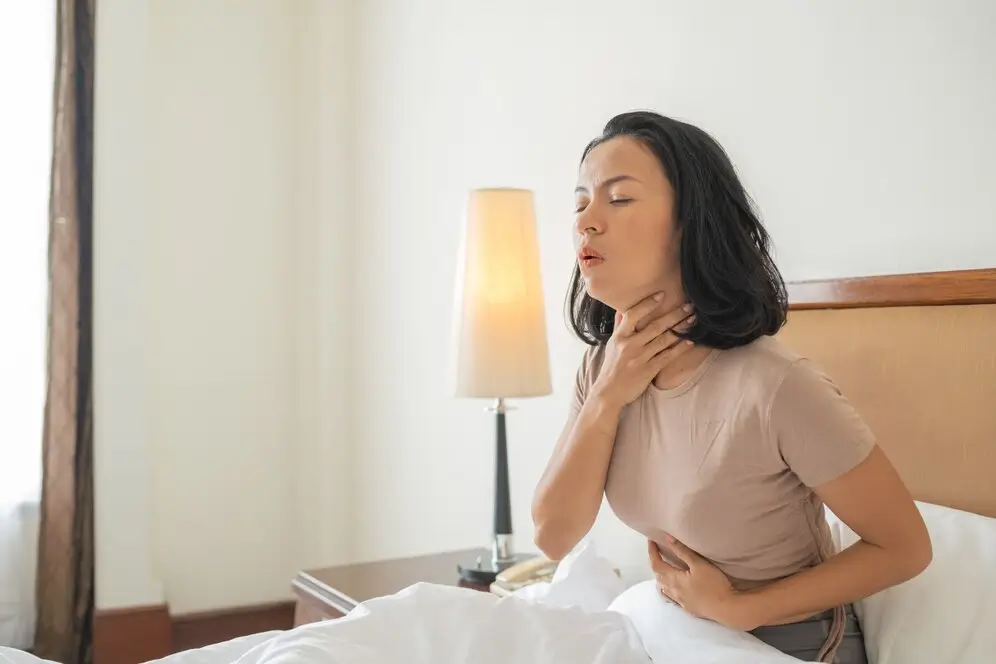Hiccups Cure 101: Unveiling Effective Remedies, Causes, And Curiosities In The World Of Involuntary Contractions
Table of Contents
Hiccups, those involuntary contractions of the diaphragm accompanied by a distinctive “hic” sound, are a universal and often amusing human experience. While they are usually harmless and short-lived, persistent hiccups can be frustrating and even indicate underlying health issues. In this article, we’ll explore the Hiccups Cure, causes, remedies, and some curious aspects of hiccups.
What Causes Hiccups?
Hiccups occur when the diaphragm, the muscle that plays a crucial role in breathing, contracts involuntarily. This sudden contraction is followed by the closure of the vocal cords, creating the characteristic “hic” sound. The exact cause of hiccups isn’t always clear, but several common triggers include:
- Eating Too Quickly: Swallowing air while eating or drinking too rapidly can irritate the diaphragm, leading to hiccups.
- Consuming Carbonated Beverages: The fizz in carbonated drinks can cause the stomach to expand, leading to irritation of the diaphragm.
- Sudden Changes in Temperature: Drastic changes in temperature, such as consuming hot food followed by a cold drink, can stimulate the diaphragm and trigger hiccups.
- Excitement or Stress: Emotional factors, such as excitement or stress, may contribute to the onset of hiccups.
- Gastroesophageal Reflux Disease (GERD): Acid reflux can irritate the diaphragm and cause hiccups.
- Irritation of the Phrenic Nerves: The nerves that control the diaphragm (phrenic nerves) may become irritated, leading to hiccups.
- Overeating or Eating Spicy Foods: Overindulging in food or consuming spicy dishes can irritate the diaphragm and trigger hiccups.

How to Stop Hiccups
While hiccups often resolve on their own, there are numerous home remedies and techniques that people swear by to stop them:
- Hold Your Breath: Inhale deeply, then exhale slowly, holding your breath for as long as you comfortably can. This may help reset the diaphragm.
- Drink a Glass of Cold Water: Sipping on a glass of cold water may help stimulate the vagus nerve, interrupting the hiccup reflex.
- Swallow a Teaspoon of Sugar or Honey: The graininess of sugar or the stickiness of honey may help stimulate the vagus nerve and stop hiccups.
- Breathe into a Paper Bag: Breathing into a paper bag increases carbon dioxide levels, potentially helping regulate breathing and stop hiccups.
- Gargle with Cold Water: Gargling with cold water can stimulate the vagus nerve and interrupt the hiccup reflex.
Curiosities About Hiccups
- Fetal Hiccups: Fetal hiccups can be detected in the womb as early as the first trimester. This rhythmic movement is a normal part of fetal development.
- Longest Recorded Hiccup Bout: Charles Osborne holds the record for the longest bout of hiccups, lasting an astonishing 68 years. His hiccups began in 1922 and continued until 1990, shortly before his death.
- Animals Get Hiccups Too: It’s not just a human phenomenon—many mammals, including dogs and cats, can experience hiccups.
Conclusion
Hiccups, though often benign, can be a source of annoyance and curiosity. Understanding the triggers and exploring various hiccups cure and remedies can help individuals manage and alleviate these spontaneous contractions.
If hiccups persist for an extended period or are accompanied by other concerning symptoms, it’s advisable to seek medical attention to rule out any underlying health issues.
So, the next time you find yourself caught in the rhythm of hiccups, try a few home remedies and marvel at the quirky nature of this common physiological phenomenon.

